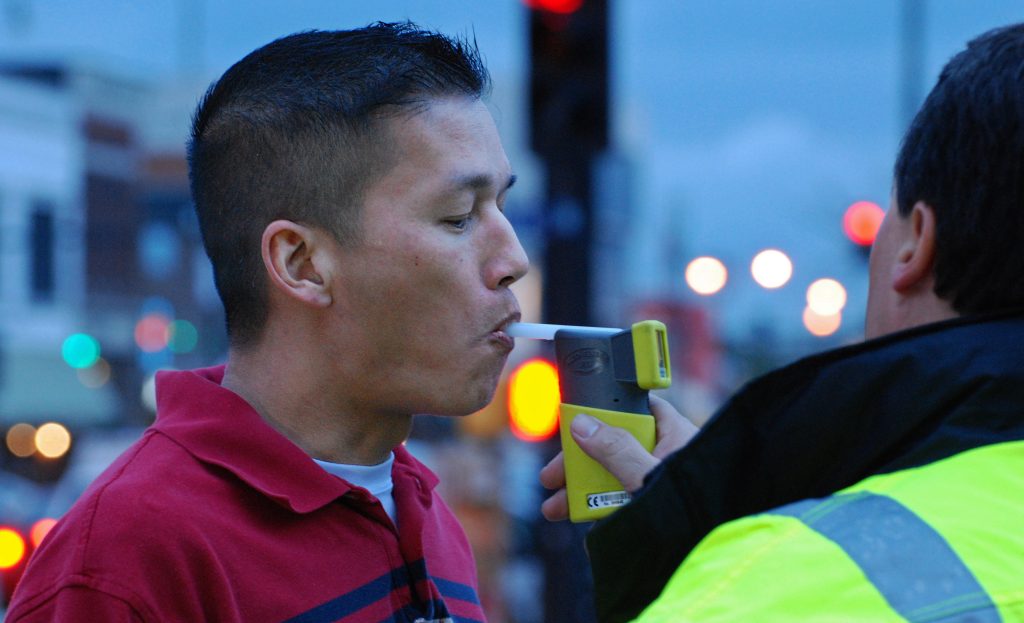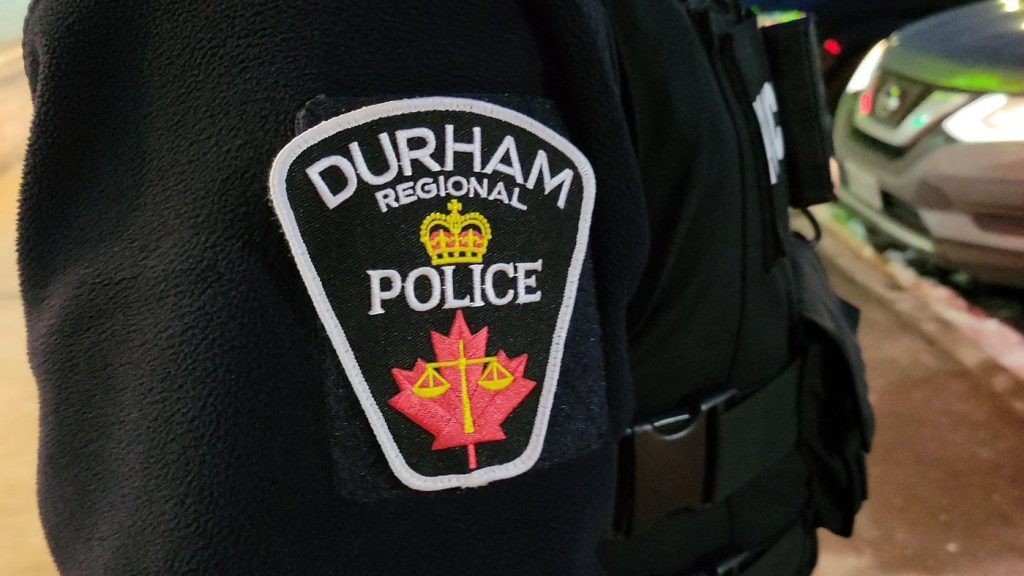Mayoral front runner Olivia Chow plans a ‘modest’ property tax increase
Posted May 29, 2023 5:22 pm.
Last Updated June 7, 2023 5:30 pm.
While there’s no question who’s leading the polls in the race for Toronto mayor, there have been questions about how high taxes in the city might rise if Olivia Chow is elected.
The former Toronto city councillor and NDP Member of Parliament announced increases in the city’s land transfer tax and a new vacant home tax as part of her campaign platform but hasn’t committed to an amount for property taxes to this point.
“I’m not going to say this is the percentage,” Chow said in a one-on-one interview. “We don’t know what the rate of inflation is. We don’t know whether the federal and provincial governments will come to the table and by how much. So, there’s a lot of uncertainty for next March. I can’t predict what it’s going to be.”
Former Mayor John Tory made a point of saying he would keep property tax increases taxes at or below the rate of inflation throughout his nine years in the position. For 2023, it amounted to 5.5 per cent in addition to a 1.5 per cent hike to the city building fund.
Chow said she wants to include more public consultation and intends to “open up the process” at City Hall before making a decision.
“It would be modest in terms of increase because affordability is something big in my platform,” Chow said. “Ordinary folks are barely making their mortgage these days, and if you have a big property tax increase, it gets transferred to the renters, and that doesn’t help.”
Ford doesn’t want a “lefty” mayor in Toronto. What does that mean for Chow?
Toronto has continually looked to the province and federal governments for assistance with a $1.5 billion budget hole. Chow said she hopes to be able to negotiate and the people of the city can “show your muscles” by pressuring other elected officials.
Ontario Premier Doug Ford, however, has publicly stated that he doesn’t want a “lefty” mayor in the position. That could potentially make things more difficult for the progressive candidate, who ran against him in the 2014 election, should she be elected this time.
“If you say that we’re going to make you whole and pay, I’ll take his word for it,” Chow said. “But if he doesn’t actually deliver or do what he said he would do, then he will have to face his people.”
The candidate has promised to build 25,000 rent-controlled homes on city-owned land, including 7,500 affordable units.
Chow talks Toronto transit
Along with building housing, Chow said she’ll invest in RentSafeTO while establishing a Toronto Renters Acting Committee and raising the municipal land transfer tax on luxury homes.
As for transit, along with many other candidates, Chow said she would create an off-street busway to replace the Scarborough Rapid Transit (RT) line.
She also would replace the Gardiner Expressway East with an at-grade boulevard rather than rebuild an elevated connection, as is the plan right now.
Chow has promised to expand the Toronto Community Crisis Service city-wide and establish an Emergency Response Transformation Team to improve 911 wait times.
Chow held an early lead in the polls when she ran for mayor nine years ago and does once again this time around. The most recent poll showed she has the support of 35 per cent of decided voters, which is up five per cent from the last poll conducted a week ago.
“I’m not sure, but what I do know is I am connecting with people,” Chow said.
“I am hearing them very clearly about what they need, what they want this city to be and how the city can serve them.”
This interview is part of a series of one-on-ones from CityNews with the top candidates for mayor ahead of the by-election. You can find the other candidate’s interviews here.
With files from Meredith Bond










